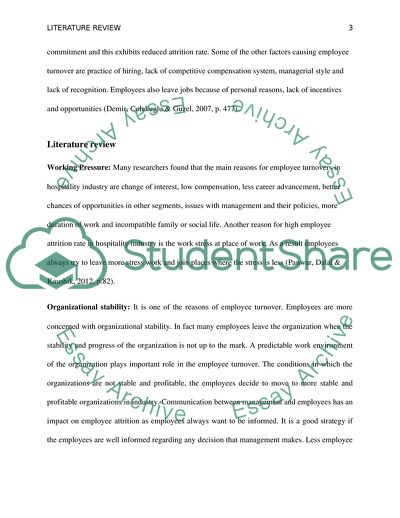Cite this document
(Hospitality Industry and Opportunities Research Paper, n.d.)
Hospitality Industry and Opportunities Research Paper. https://studentshare.org/tourism/1798855-hospitality-literature-review
Hospitality Industry and Opportunities Research Paper. https://studentshare.org/tourism/1798855-hospitality-literature-review
(Hospitality Industry and Opportunities Research Paper)
Hospitality Industry and Opportunities Research Paper. https://studentshare.org/tourism/1798855-hospitality-literature-review.
Hospitality Industry and Opportunities Research Paper. https://studentshare.org/tourism/1798855-hospitality-literature-review.
“Hospitality Industry and Opportunities Research Paper”. https://studentshare.org/tourism/1798855-hospitality-literature-review.


